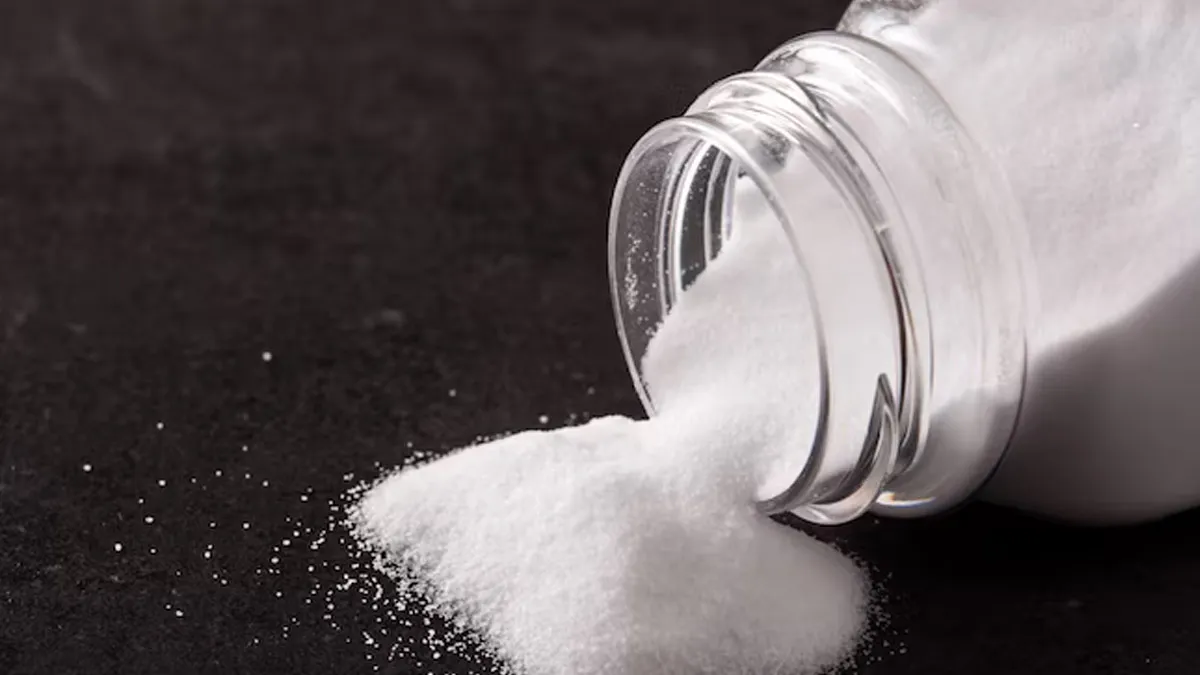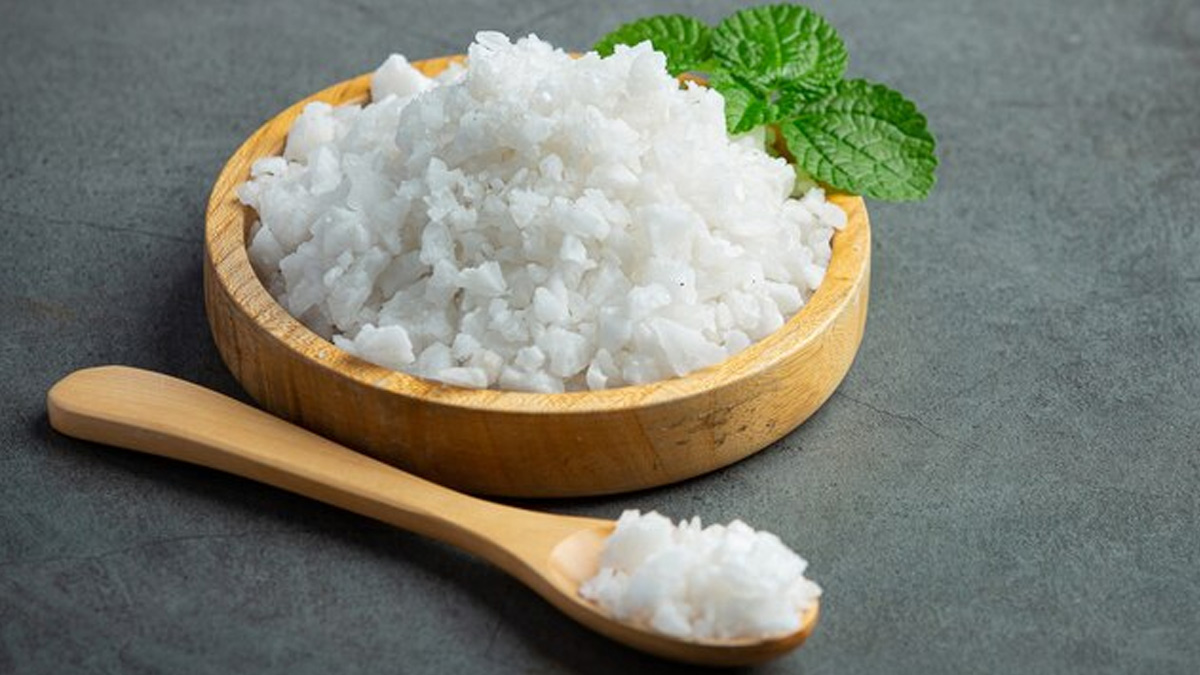
When it comes to maintaining a balanced diet, the small, seemingly insignificant choices we make can have profound consequences. One such choice revolves around the type of salt we use in our daily cooking. While gourmet salts like Himalayan pink salt, sea salt, or kosher salt have gained popularity, they often lack one critical nutrient: iodine. This omission could put your health and even your life at risk.
Table of Content:-
To unravel the importance of iodine, we spoke with Dr Shrey Kumar Srivastav, Senior Consultant, Sharda Hospital - Noida. Here is what he shared with us.
Why Does Your Body Need Iodine?
“Iodine is a trace element that plays an essential role in thyroid function, brain development, and overall hormonal balance. Skipping iodised salt can lead to a host of health issues, some of which are life-threatening,” Dr Srivastav explained.
Iodine is crucial for producing thyroid hormones, which regulate metabolism, growth, and energy production. A deficiency in iodine can lead to hypothyroidism, goitre (enlarged thyroid gland), and, in severe cases, cretinism—a condition affecting brain development in infants and children.

Dr Srivastav emphasised that the body cannot produce iodine on its own, making dietary intake essential. “Seafood, dairy, and certain grains contain iodine, but iodised salt is the most accessible and consistent source for most people,” he said.
The Problem of Iodine Deficiency
Iodine deficiency is a global public health issue, particularly in regions where the soil is iodine-poor. According to the World Health Organization (WHO), nearly 200 crore people worldwide suffer from iodine deficiency, and many remain unaware of the problem until symptoms arise.
“Even mild iodine deficiency during pregnancy can affect the developing fetus, leading to intellectual disabilities and developmental delays,” Dr Srivastav warned.

Misconception Around Gourmet Salts
The rise of natural salts like Himalayan pink salt has sparked a trend among health-conscious individuals. While these salts do contain trace minerals, they often lack sufficient iodine.
“Natural salts may appeal to those seeking a more ‘organic’ lifestyle, but they cannot replace the critical role of iodised salt,” Dr Srivastava pointed out. “The amount of iodine in non-iodised salts is negligible and not enough to meet daily requirements.”
How Much Iodine Do You Need?
According to experts, the recommended daily intake of iodine varies by age and condition:
- Infants (0-6 months): 110 mcg
- Children (1-8 years): 90 mcg
- Adults: 150 mcg
- Pregnant and lactating women: 220-290 mcg
“Just a teaspoon of iodised salt can meet your daily iodine needs,” Dr Srivastav said.
Balancing Sodium And Iodine Intake
While the importance of iodine cannot be overstated, it’s equally crucial to manage overall salt consumption to prevent high blood pressure and other cardiovascular issues. “Opt for iodised salt in moderation,” he added.
How To Incorporate Iodised Salt Into Your Diet
There are several ways to include salt in your diet. These may include:
- Use iodised salt in everyday cooking.
- Check food labels to ensure packaged goods are made with iodised salt.
- If you use natural salts, supplement them with iodised varieties.
Bottomline
Skipping iodised salt may seem trivial, but it can have far-reaching consequences for your health. Dr Srivastav concluded, “By simply choosing iodised salt, you are safeguarding your body against preventable diseases and ensuring optimal thyroid and brain function. It’s a small change with a massive impact.”
In a world where dietary trends come and go, the humble iodised salt remains an unsung hero being an essential food item for a healthier and brighter tomorrow. So, next time you reach for salt, think twice and make the smart choice.
Also watch this video
Read Next
Boost Your Gut Health: How A Plant-Based Diet Can Restore Balance After Antibiotics Or Illness
How we keep this article up to date:
We work with experts and keep a close eye on the latest in health and wellness. Whenever there is a new research or helpful information, we update our articles with accurate and useful advice.
Current Version